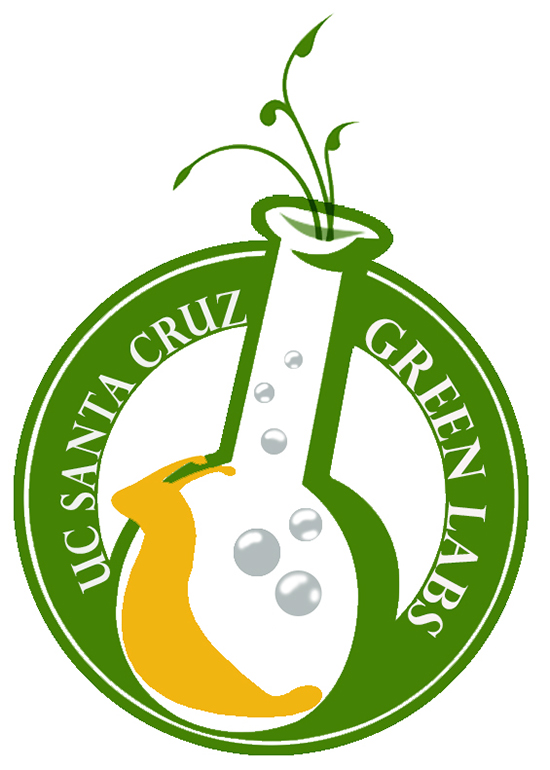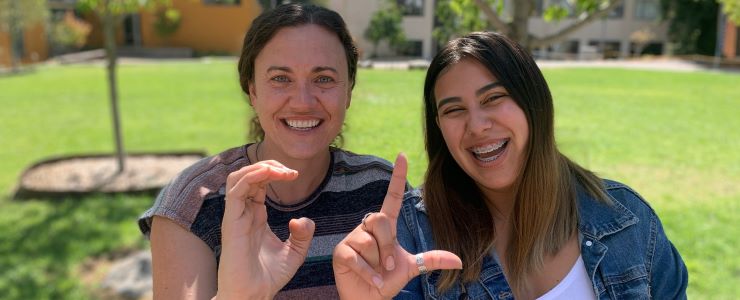The Green Labs team has recently had the opportunity to meet with the Anthropology Labs Manager, Richard Baldwin, whose sustainable practices have found their way into his lab space. The Anthropology department has had a good track record of being resourceful on campus as much as they can.
 For over 40 years their Comparative Osteology Collection grew by recovering a valuable resource from roadkill and other waste animals. In our talk with Richard, we were able to learn about the teaching opportunities created by the careful recovery and processing of these specimens. It was nice to hear about the “second life”, as Richard put it, that they’re able to give the animals by studying and preserving their remains. Regional archaeologists and environmental scientists use the Comparative Osteology collection to compare known specimens to things that are discovered through excavation and field observation.
For over 40 years their Comparative Osteology Collection grew by recovering a valuable resource from roadkill and other waste animals. In our talk with Richard, we were able to learn about the teaching opportunities created by the careful recovery and processing of these specimens. It was nice to hear about the “second life”, as Richard put it, that they’re able to give the animals by studying and preserving their remains. Regional archaeologists and environmental scientists use the Comparative Osteology collection to compare known specimens to things that are discovered through excavation and field observation.
Richard and his team always remain environmentally conscious of how they preserve and clean their animal remains. One of the things we were focused on during our visit is their use of incubators for the removal of soft tissues. Although not the conventional use when thinking of incubators, they have greatly improved the cleaning process for the Anthropology Labs. With the help of slow, constant heat, the enzymes and solvents used to remove the tissues don’t need to be as harsh on the environment as traditional chemicals such as lye or engine degreaser. With the utilization of incubators, they can simply use biodegradable soap and warm water. This process can all be attributed to Richard’s knack for reuse. He actually found his first countertop incubator on the curb on Science Hill about 20 years ago.
Old and inefficient incubators can use a tremendous amount of energy. So the Green Lab Program was very happy to be able to learn about his old incubator through our Incubator Survey and meter it to observe its energy usage compared to energy-efficient models. Please fill out the survey if you believe you have an old incubator that should be replaced.
By seeking reusable items out, Richard has given many things a second life, not only animals and incubators but old dining hall trays bought at the campus Surplus Store, micropipette tip boxes for storage. We look forward to hearing more about Richard’s adventures in the Anthropology Department and the ways that they continue to further sustainability as they work on their Green Labs Certification!

